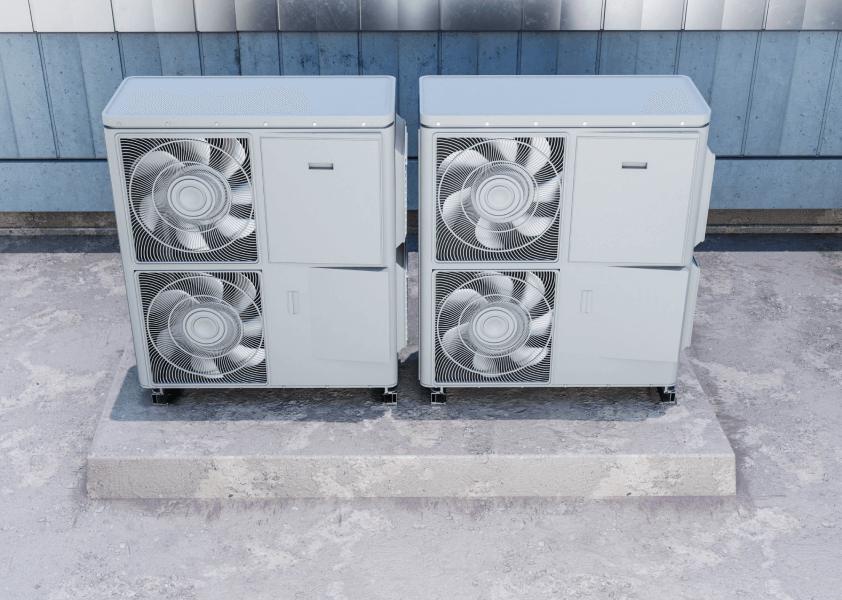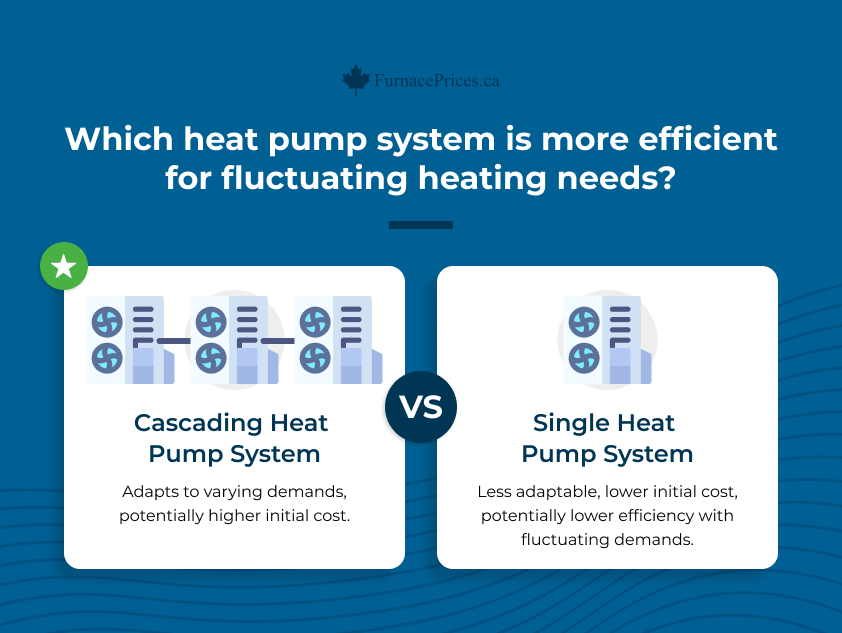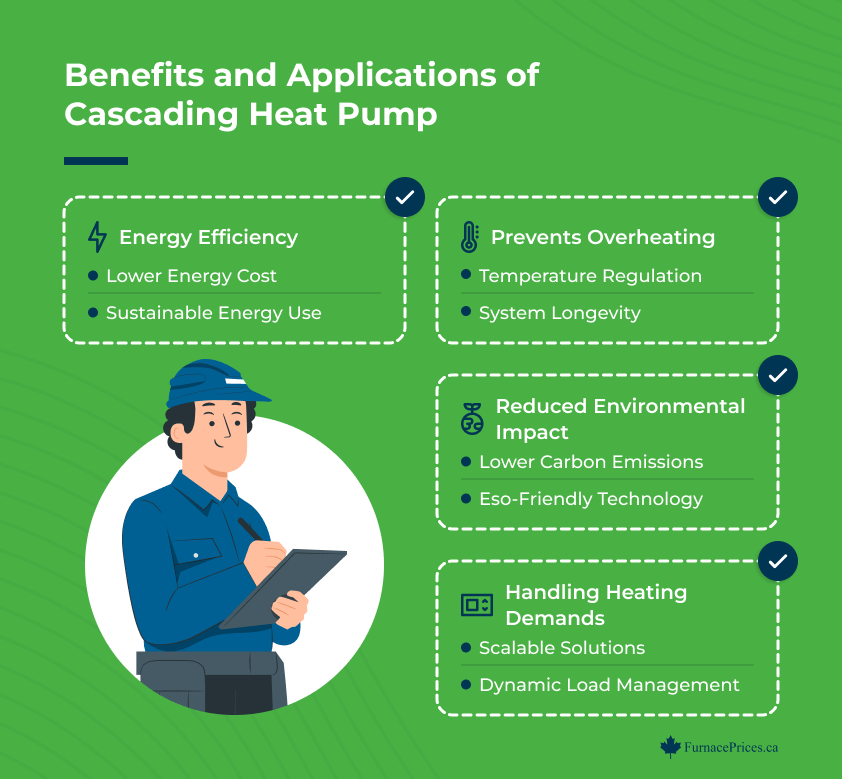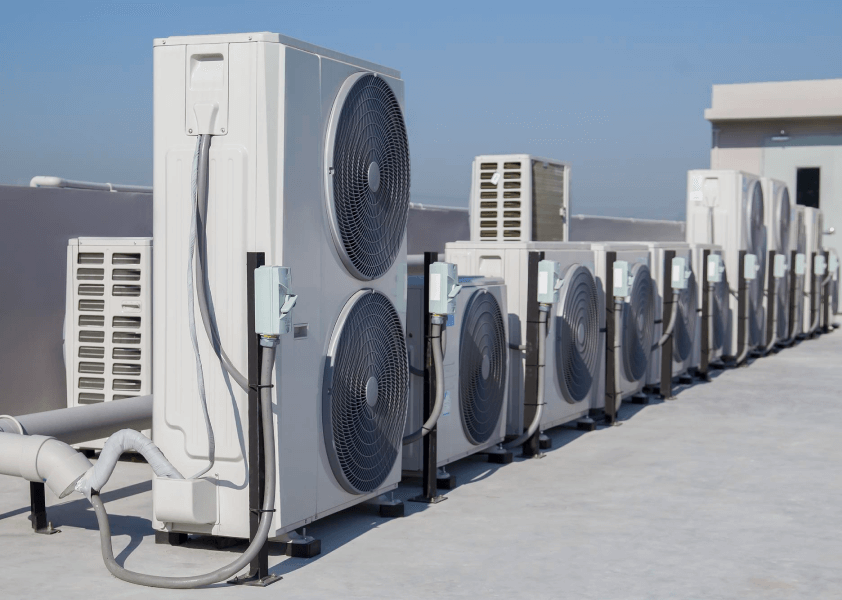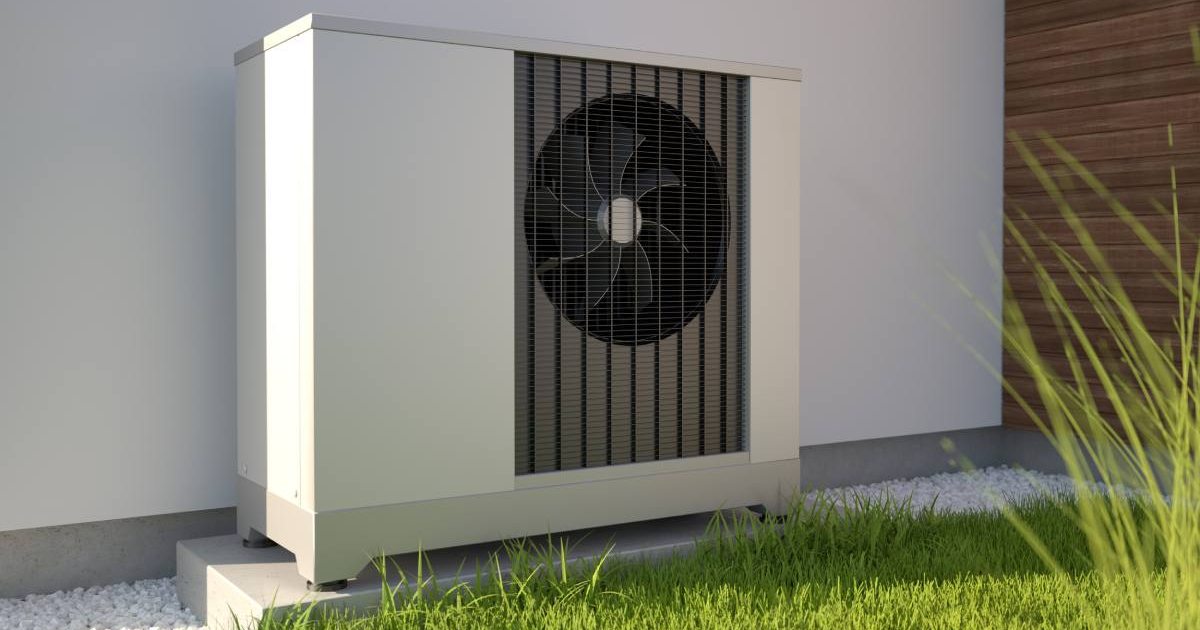What Is a Cascading Heat Pump?
How is it different from a cascaded boiler system?
How Does a Cascading Heat Pump Work?
Benefits of Cascade Heat Pump System
Energy Efficiency
Reduced Environmental Impact
Handling Heating Demands
Prevents Overheating
Get Quotes
How soon are you looking to buy?*



Use Cases of a Cascade Heat Pump
1. Commercial Buildings
2. Multi-Unit Residential Complexes
3. Hospitals and Healthcare Facilities
4. Schools and Universities
5. Industrial Facilities
6. Sports Arenas and Recreational Centers
Challenges and Considerations for Cascade Heat Pumps
System Design
Control Strategies
Maintenance and Monitoring
Conclusion
FAQs About Cascading Heat Pumps
Can cascade heat pumps provide both heating and hot water for domestic use?
Yes, cascade heat pumps can provide both heating and hot water for domestic use. They are designed to manage both tasks efficiently, with some units dedicated to space heating while others focus on hot water production.
How do maintenance costs for a cascaded heat pump system compare to traditional heating systems?
Maintenance costs for a cascaded heat pump system can be slightly higher than traditional systems due to the number of components involved. However, the increased efficiency and energy savings often offset these costs over time.
Can a cascade heat pump provide high-temperature heating for specific applications?
Yes, a cascade heat pump system can provide high-temperature heating. By dedicating specific units to high-temperature tasks, such as domestic hot water, these systems can meet the demands of applications that require hotter water or space heating without relying on inefficient immersion heaters or backup systems.
How do you deal with differing temperature requirements in a cascaded system?
Cascaded systems handle differing temperature requirements by using control strategies that allocate specific units to tasks like space heating or hot water production.
Get Quotes
How soon are you looking to buy?*






